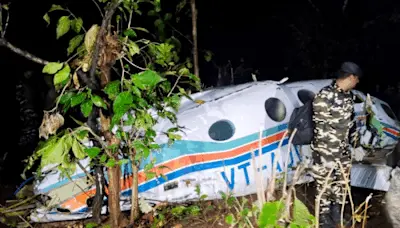25-SEP-2025, 12:00 PM The Supreme Court of India has once again reaffirmed its role as the guardian of cultural and constitutional balance in the country. In a recent development, the Court permitted the organization of Ramlila celebrations at a school ground in Firozabad, Uttar Pradesh. This decision comes at a time when public discourse around the use of educational and public spaces for religious and cultural activities is growing louder. By allowing the traditional play to take place, the Supreme Court highlighted the importance of preserving heritage while also maintaining discipline and respect for institutional purposes.
The ruling not only carries significance for the people of Firozabad but also sets a wider precedent for how cultural and religious festivities can coexist with other societal responsibilities.
Supreme Court’s Decision: Balancing Culture and Governance
The Supreme Court emphasized that cultural practices like Ramlila are deeply ingrained in India’s heritage and cannot be curtailed without strong justification. However, the Court also underlined the need for organizers to ensure that the celebrations do not disrupt the functioning of the school or damage public property.
Why the Supreme Court Decision Matters
- It safeguards the fundamental right to practice religion and culture.
- It ensures public order and institutional functioning are not compromised.
- It provides a legal framework for future cultural events at public or semi-public spaces.
Ramlila in Firozabad: A Rich Tradition
The Ramlila is not just a play; it is a centuries-old dramatic reenactment of Lord Rama’s life and the triumph of good over evil. In Firozabad, known for its glass industry, the staging of Ramlila has always been a symbol of unity, drawing locals across communities. The intervention of the Supreme Court to permit this year’s event ensures that traditions continue without interruption.
Supreme Court on Cultural Rights and Public Spaces
This ruling adds to a long list of judgments where the Supreme Court struck a balance between cultural freedom and administrative control.
Previous Precedents by Supreme Court
- Permitting festivals at limited public places under strict conditions.
- Directing authorities to ensure no violation of environmental or educational norms.
- Upholding the right to cultural expression as part of Article 25 and 29 of the Constitution.
The Court’s guidance has consistently been that cultural activities are integral to India’s identity but must operate within boundaries of law and order.
Reactions from Firozabad and Beyond
The ruling has been welcomed by residents of Firozabad, who were worried that the ban on school grounds would lead to cancellation of the event. Organizers expressed gratitude to the Supreme Court, promising to maintain cleanliness, discipline, and safety during the festival.
Local leaders also hailed the decision, calling it a recognition of India’s pluralism. Some, however, have urged caution, highlighting that while cultural freedom is essential, educational institutions should not face long-term disruptions.
Supreme Court’s Guidelines for Organizers
The Court did not grant a free hand but imposed specific guidelines to ensure accountability.
Key Guidelines Issued by the Supreme Court
- Event must be time-bound and restricted to a fixed number of days.
- Organizers should arrange for security, sanitation, and crowd management.
- The school must be restored to its original condition immediately after the event.
- Local administration will monitor compliance and report back if conditions are breached
Source : ANI




